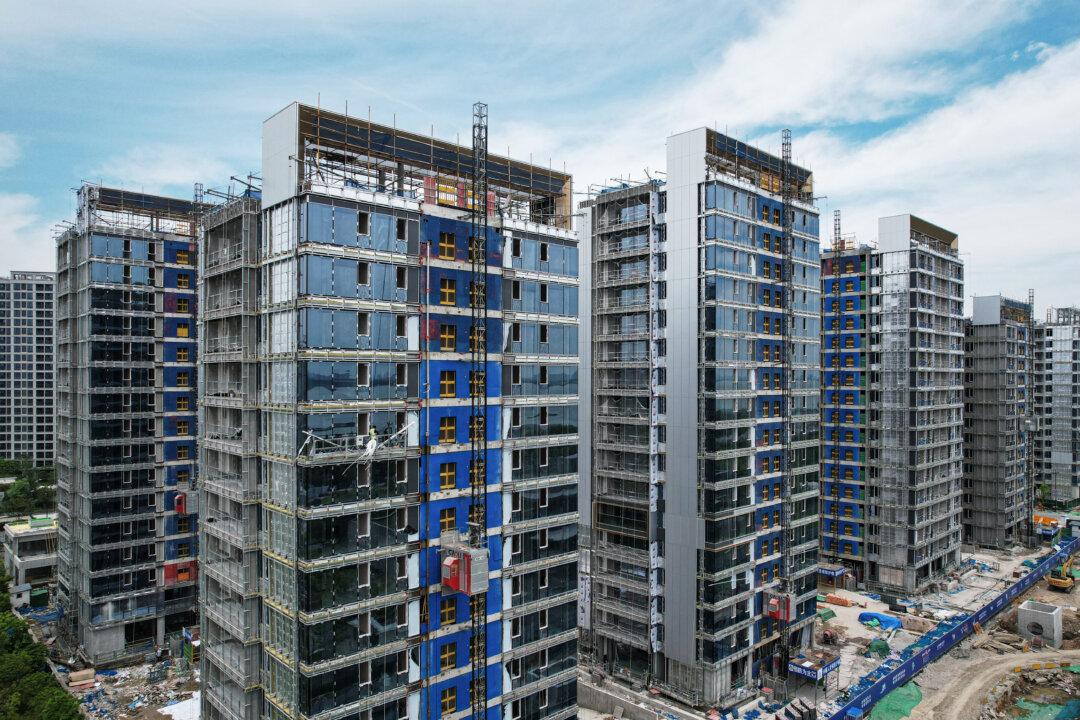China’s property prices continue to plummet, struggling to find a bottom despite a plethora of measures, primarily due to the country’s negative tone and lack of policy shift towards its beleaguered real estate sector, according to expert research.
Furthermore, China’s explicitly stated priority of ensuring that housing is not for speculation, implies that insolvent developers may be allowed to declare bankruptcy, further weakening the sector’s fundamentals.





